Business Ultraportable Laptops
Time was that choosing an ultraportable notebook for business meant sacrificing on performance and features, but no more. Jim Martin put eight ultraportable notebooks through their paces

While we've rounded up the cream of current ultraportables, even the other seven here can't match Sony's TX3 for sheer size and weight. It tips the scales at only 1.3kg and measures just 272 x 195 x 29mm, making it the most portable here.
Admittedly, it does sacrifice screen size for this: it has an 11.1in TFT, yet it still boasts a
1,366 x 768 resolution. This is a 16:9 ratio, rather than the typical 16:10 offered by laptops, making it a better candidate for watching the odd movie. And judging by the glossy, bright screen, this is what Sony is suggesting. Just below the screen is a row of playback control buttons including an AV Mode button which lets you watch DVDs or listen to CDs without booting into Windows. The important factor is the integrated DVD writer, an almost unbelievable inclusion considering the TX3's dimensions.
But there it is, along with a VGA output on the right-hand side. On the opposite side are two USB 2 ports, a Type II PC Card slot and a modem connector. A mini-FireWire interface can be found on the rear with a 10/100 Ethernet port while card readers for Memory Sticks and SD/MMC cards are on the front. Next to these are headphone and microphone inputs, volume controls and a wireless on/off switch for the 802.11a/b/g and Bluetooth radios. Security-wise, there's a fingerprint scanner, a TPM chip and a G-Sensor to protect the 67GB hard disk in the event of a drop.
It's a wonder Sony has managed to fit all these components into the TX3 and, inevitably, there are compromises. One is build quality. The screen is only a few millimetres thick and, although the casing is made from carbon fibre, it twists alarmingly with little force. Pressure is distributed evenly enough to prevent the TFT from damage, but you'll still need to look after the TX3 with great care.
The other compromise is power. The Sony is the only notebook here not to boast a dual-core CPU, instead opting for an Intel Core Solo U1400 at 1.2GHz. With 1GB of DDR2 memory, this managed only 0.5 in our benchmarks, making it roughly half the speed of the Lenovo. Applications take a little longer to load, but unless you're pushing the Sony hard by running multiple apps at the same time, it won't feel slow in general use.
Ultra-low voltage CPUs have their advantages though, and the Sony lasts over nine hours if you're only using it lightly. And even if you're working hard, you should still get around five hours of use before needing to recharge - a better effort than the Lenovo.
Get the ITPro daily newsletter
Sign up today and you will receive a free copy of our Future Focus 2025 report - the leading guidance on AI, cybersecurity and other IT challenges as per 700+ senior executives
But, despite the price, the TX3 only comes with a one-year warranty, which will be a big disappointment for many. Extending the warranty for two years will cost you 170, but that's still for return-to-base cover.
Make no mistake though, popping the TX3 out on the train will draw envious glances. And if that's what you're after, it won't disappoint. But for those who don't demand a Vaio badge on their carbon fibre lid, there are better choices here.
Verdict
The Aston Martin of ultraportables, but without the power. The expensive Sony has the wow factor, but is slow and has a poor warranty.
-
 Asus ZenScreen Fold OLED MQ17QH review
Asus ZenScreen Fold OLED MQ17QH reviewReviews A stunning foldable 17.3in OLED display – but it's too expensive to be anything more than a thrilling tech demo
By Sasha Muller
-
 How the UK MoJ achieved secure networks for prisons and offices with Palo Alto Networks
How the UK MoJ achieved secure networks for prisons and offices with Palo Alto NetworksCase study Adopting zero trust is a necessity when your own users are trying to launch cyber attacks
By Rory Bathgate
-
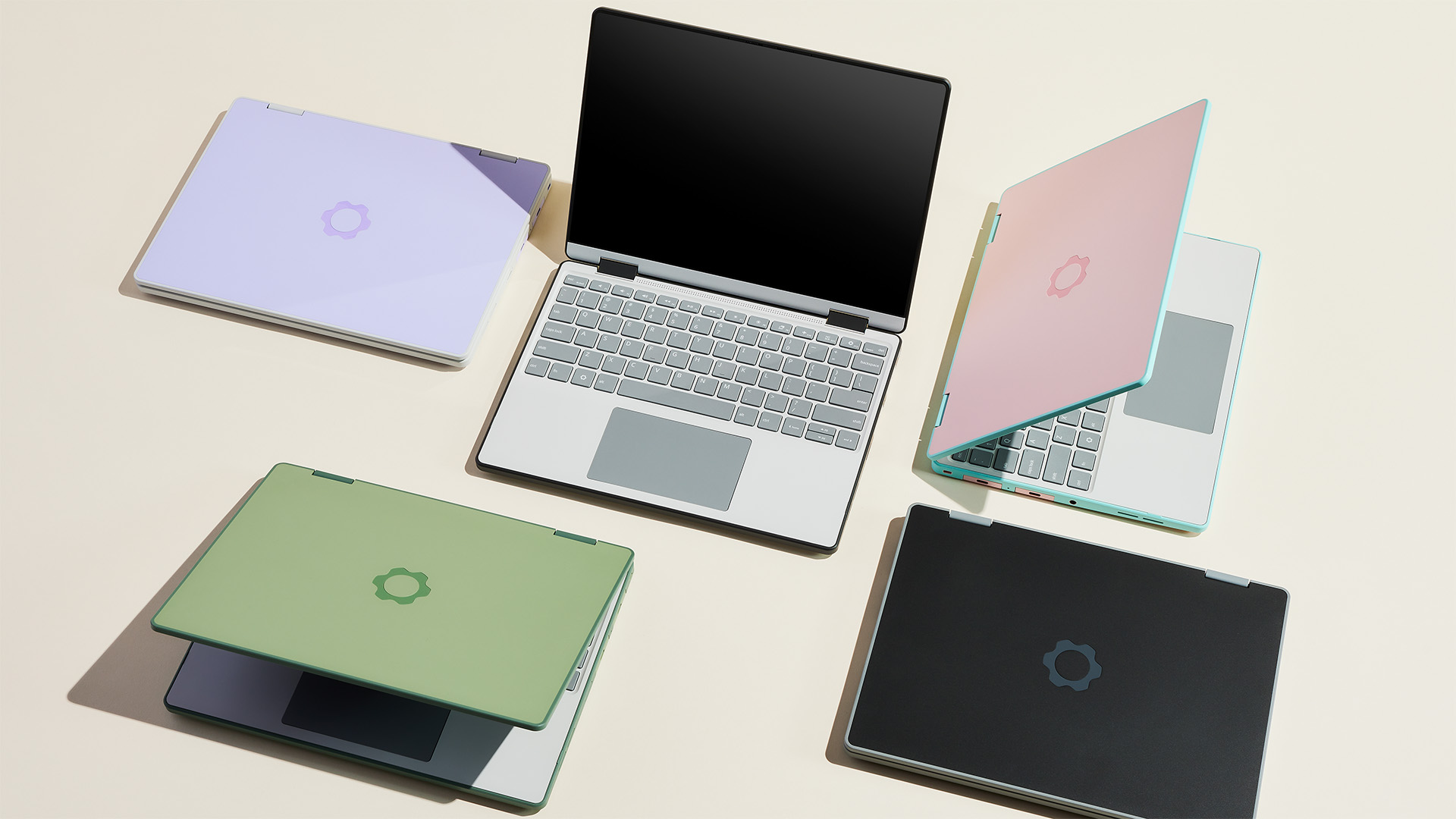 ‘We would have to sell the lowest-end SKUs at a loss’: Framework says it’s ‘temporarily pausing’ some US laptop sales amid tariff disruption
‘We would have to sell the lowest-end SKUs at a loss’: Framework says it’s ‘temporarily pausing’ some US laptop sales amid tariff disruptionNews Modular laptop designer Framework says it is “temporarily pausing US sales” in response to the disruption caused by US tariffs on Taiwanese imports.
By Ross Kelly
-
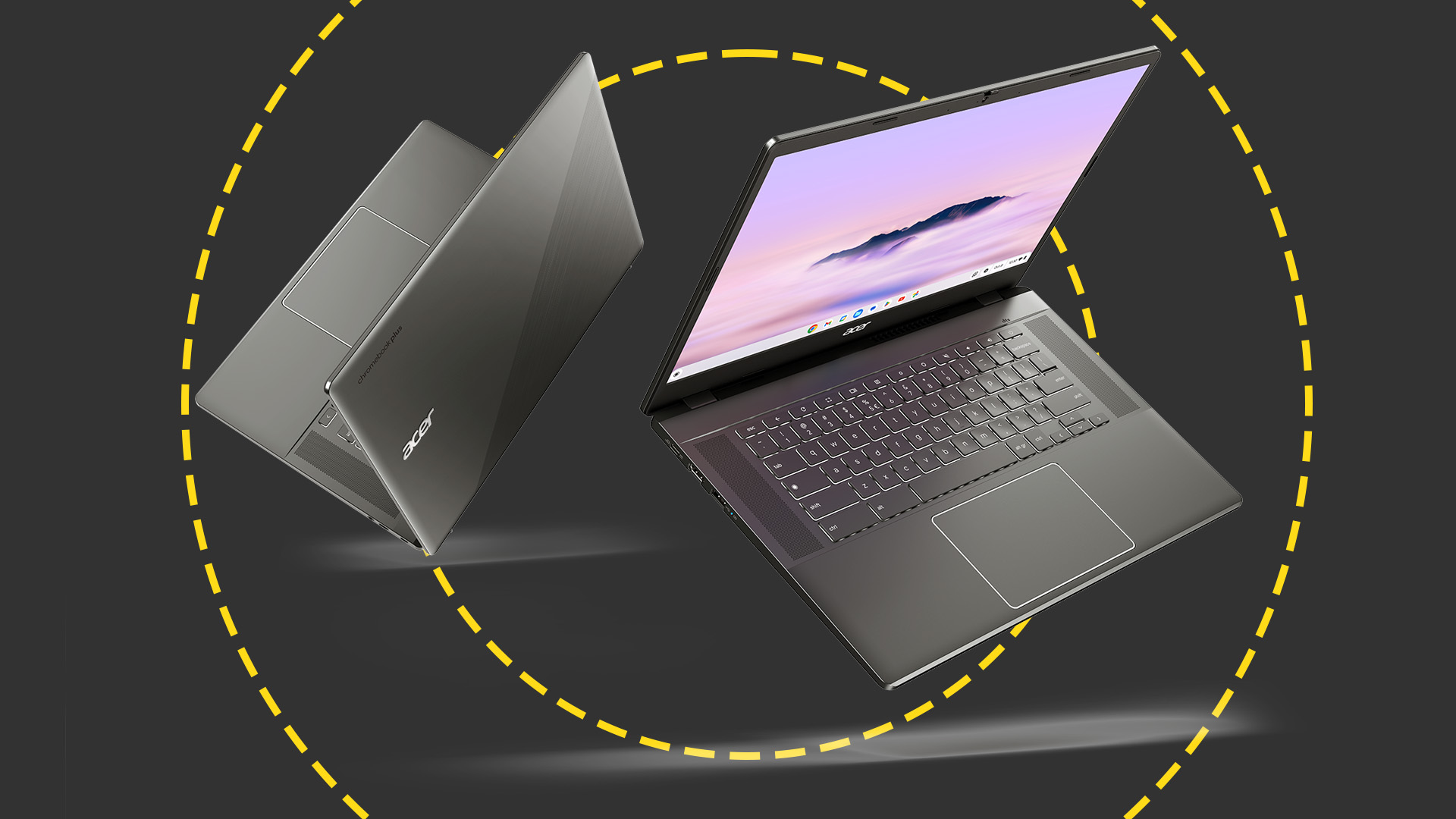 Acer Chromebook Plus 515 review: A brilliant big-screen workhorse for tight budgets
Acer Chromebook Plus 515 review: A brilliant big-screen workhorse for tight budgetsReviews Compromises have been made to stay in budget, but the Plus 515 makes sense as a hard-working, cost-conscious Chromebook
By Stuart Andrews
-
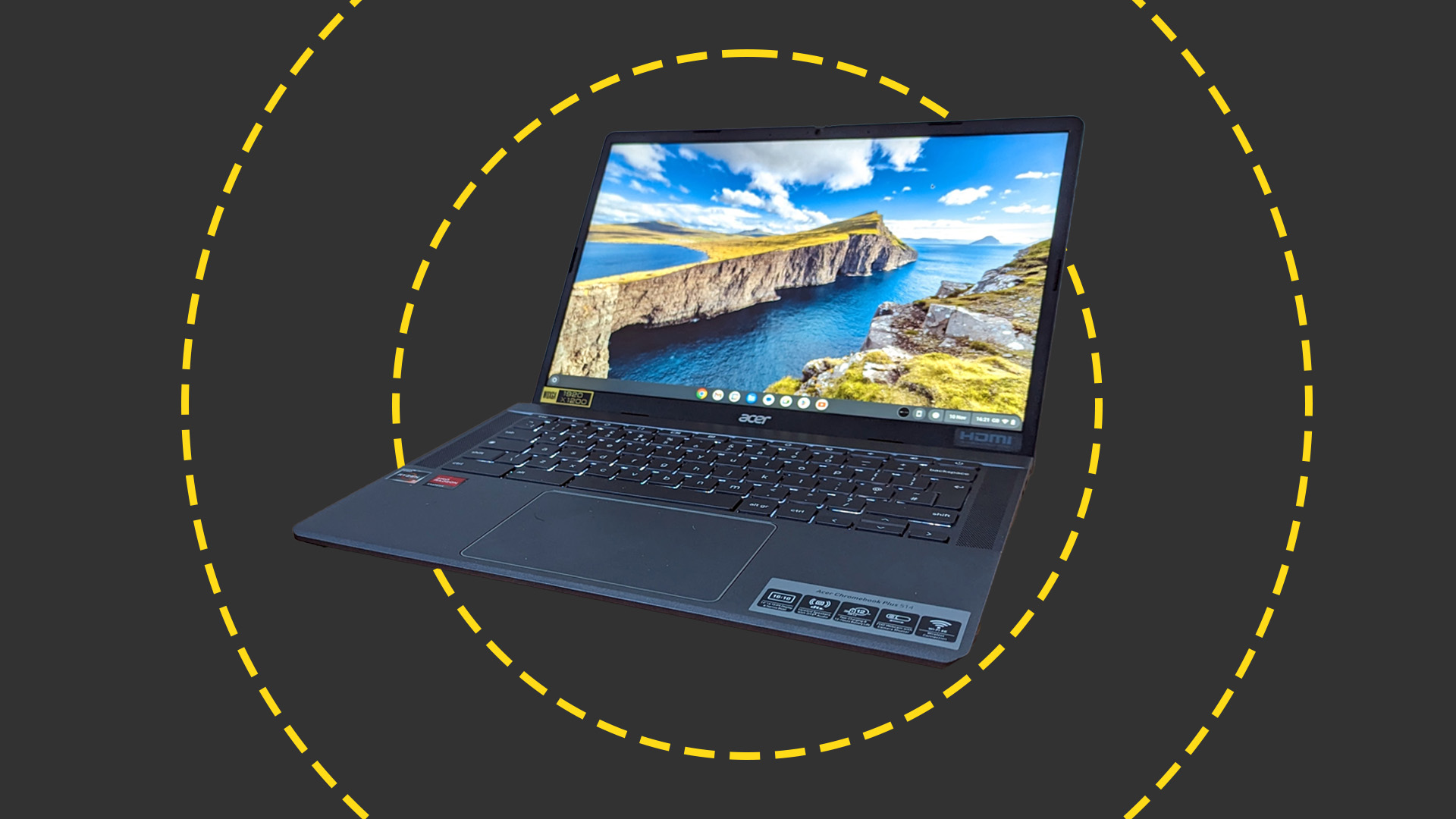 Acer Chromebook Plus 514 review: A better class of budget Chromebook for business use
Acer Chromebook Plus 514 review: A better class of budget Chromebook for business useReviews The Chromebook Plus 514 is a solid, speedy Chromebook on a limited budget
By Stuart Andrews
-
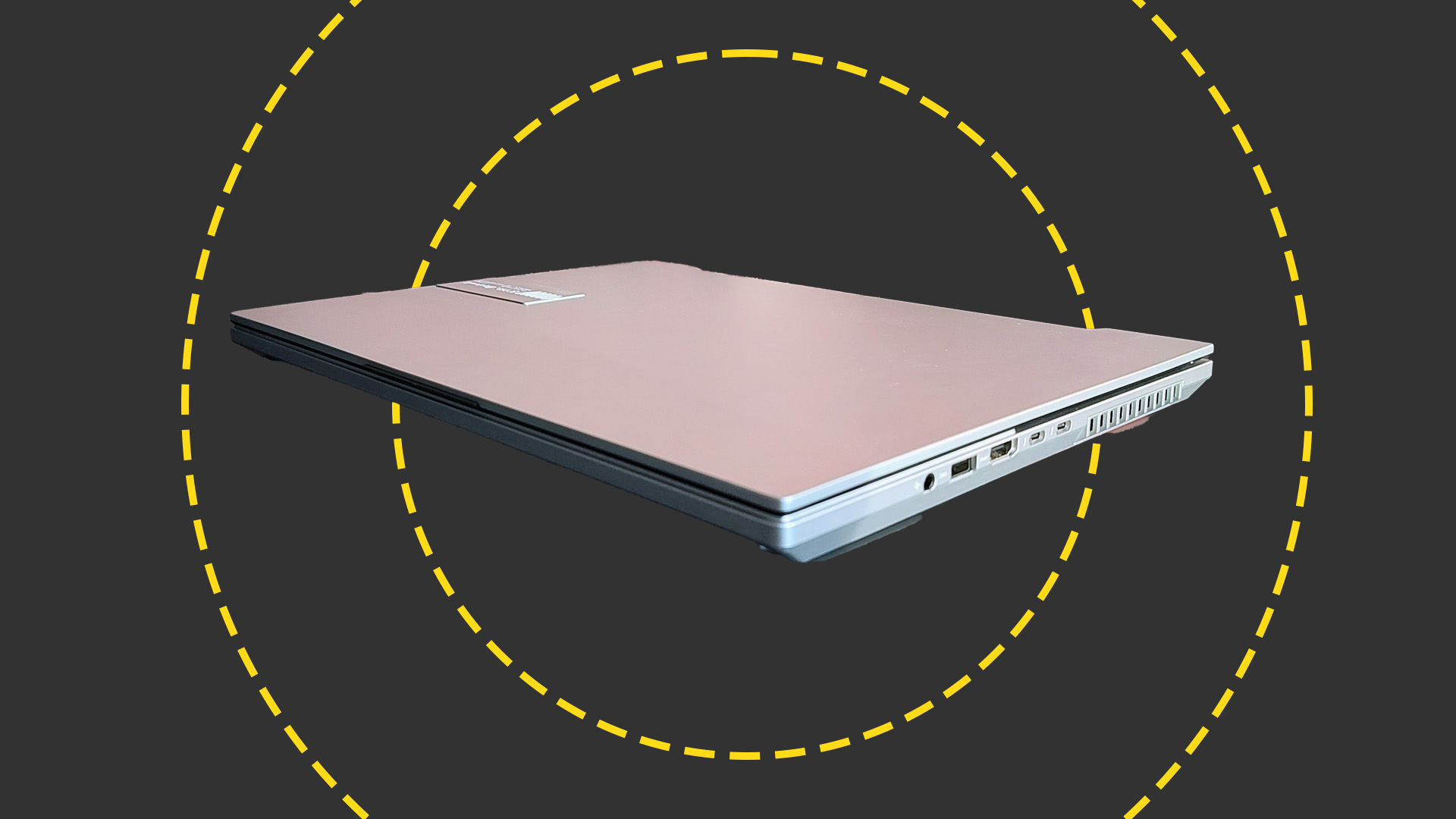 ASUS Vivobook Pro 16X OLED (K6604) 2023 review: An extraordinary omnicompetent laptop
ASUS Vivobook Pro 16X OLED (K6604) 2023 review: An extraordinary omnicompetent laptopReviews If there's a task the new Vivobook Pro 16X can't do well, and quickly, we can't find it – it's a jack-of-all-trades par excellence
By Alun Taylor
-
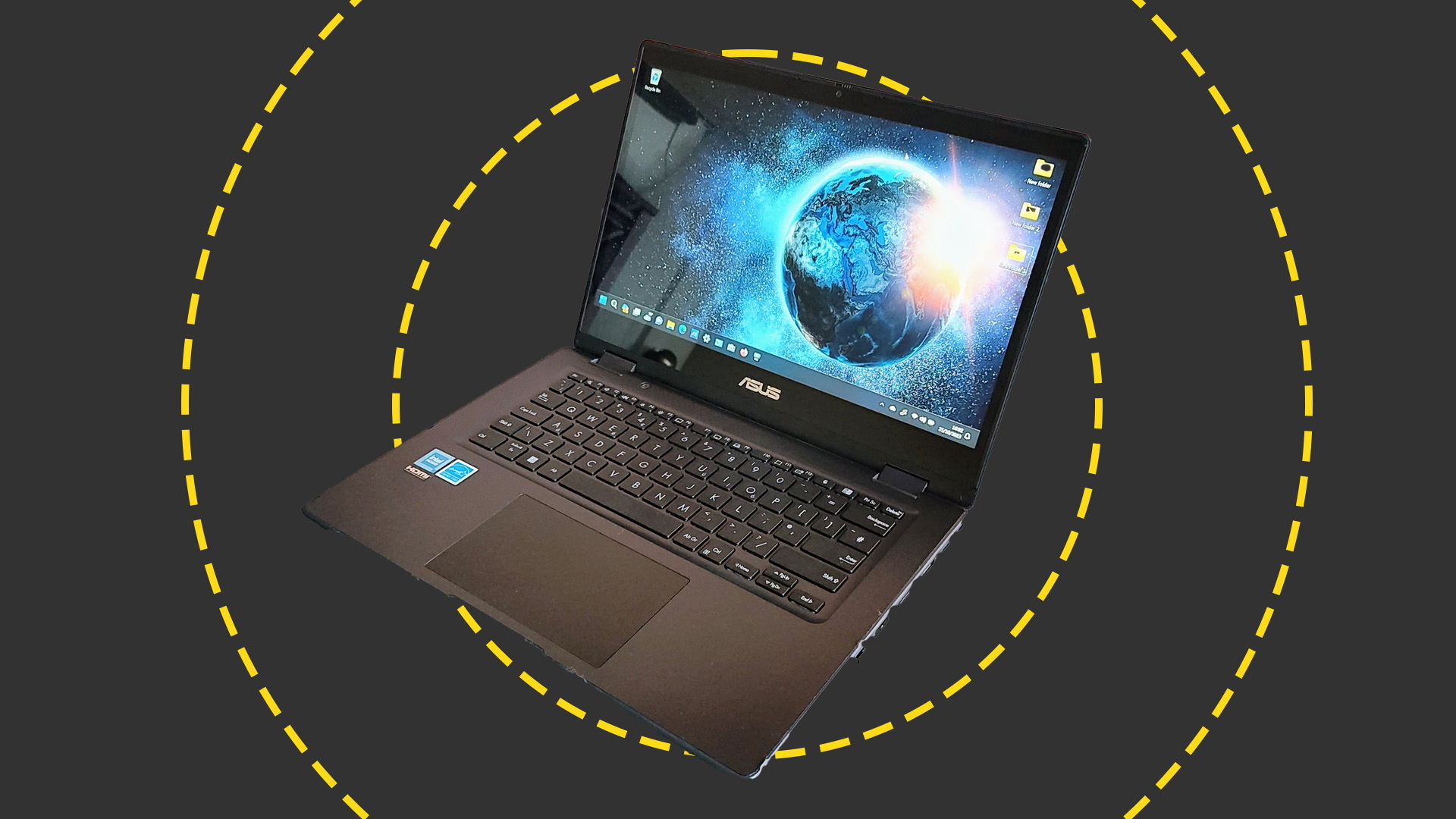 Asus BR1402 review: Rugged modularity for the classroom and workplace
Asus BR1402 review: Rugged modularity for the classroom and workplaceReviews The BR1402 is no powerhouse, but it's versatile, rugged, and crammed with useful features
By Alun Taylor
-
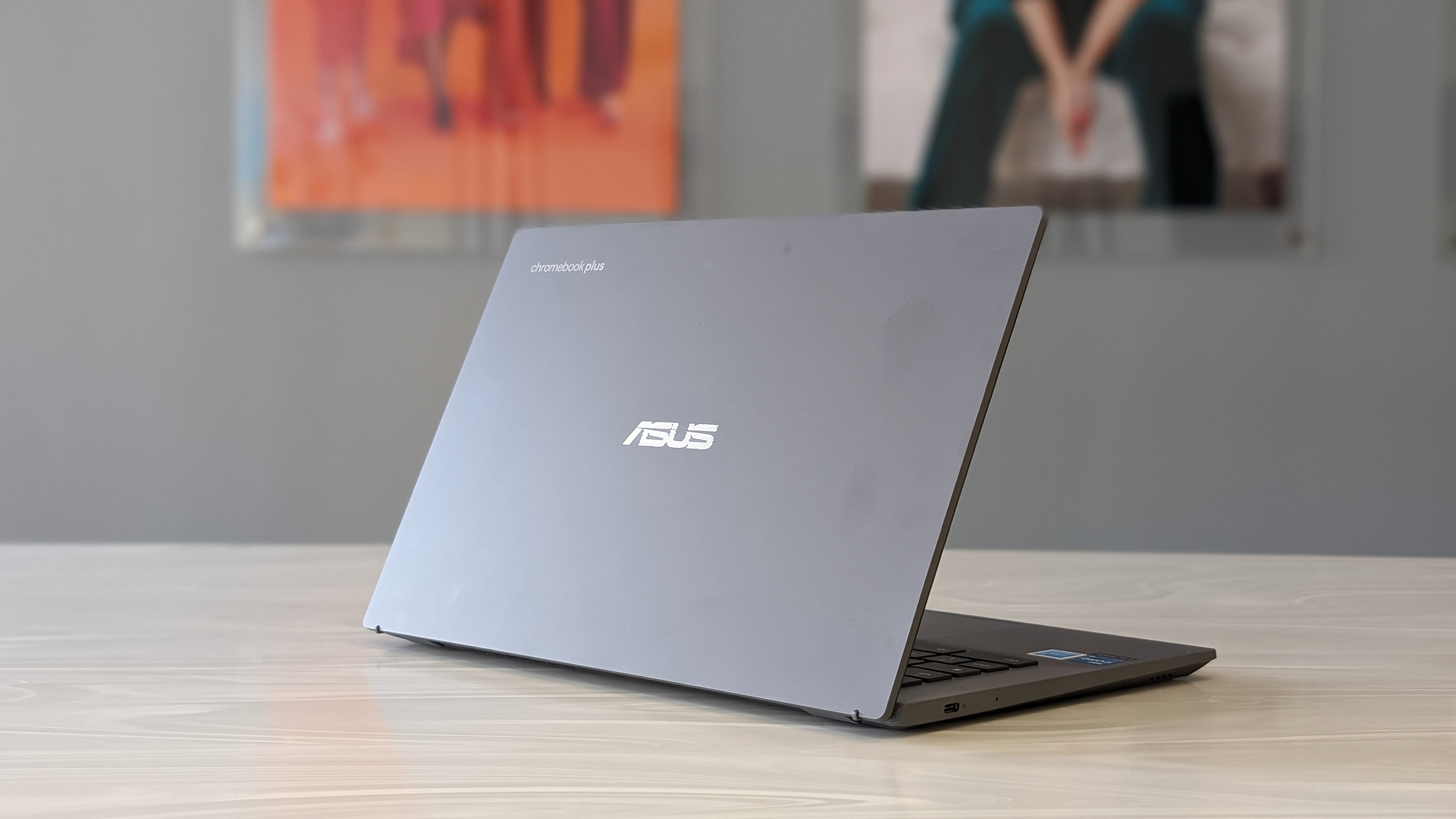 Asus Chromebook Plus CX34 review: i3-powered goodness for students and small businesses
Asus Chromebook Plus CX34 review: i3-powered goodness for students and small businessesReviews The first of a new breed of Chromebook, the CX34 is an affordable workhorse
By Bobby Hellard
-
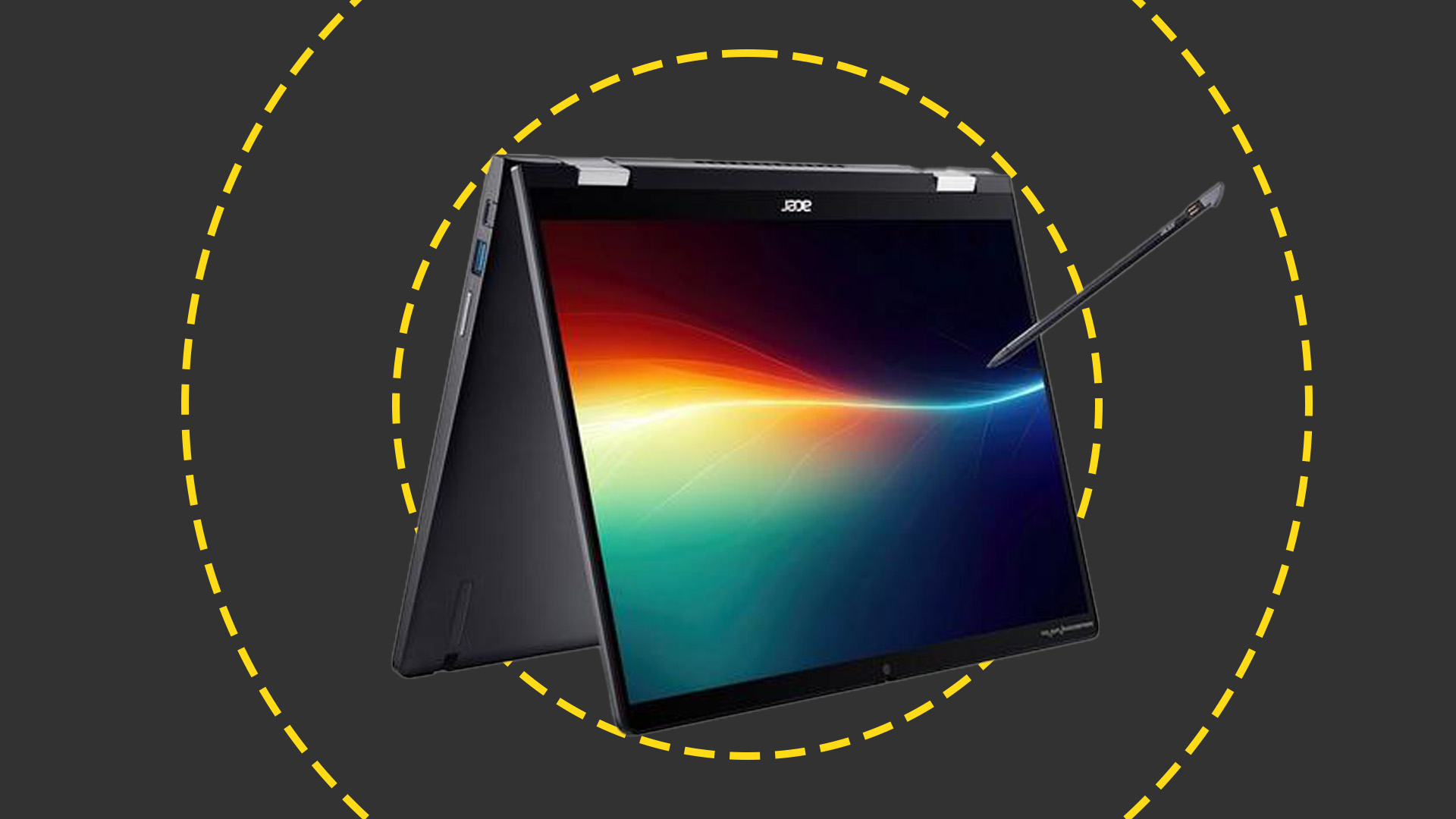 Acer Chromebook Spin 714 review: The best business Chromebook gets a refresh
Acer Chromebook Spin 714 review: The best business Chromebook gets a refreshReviews With a great design, excellent performance and impressive battery life, this is the new business Chromebook to beat
By Stuart Andrews
-
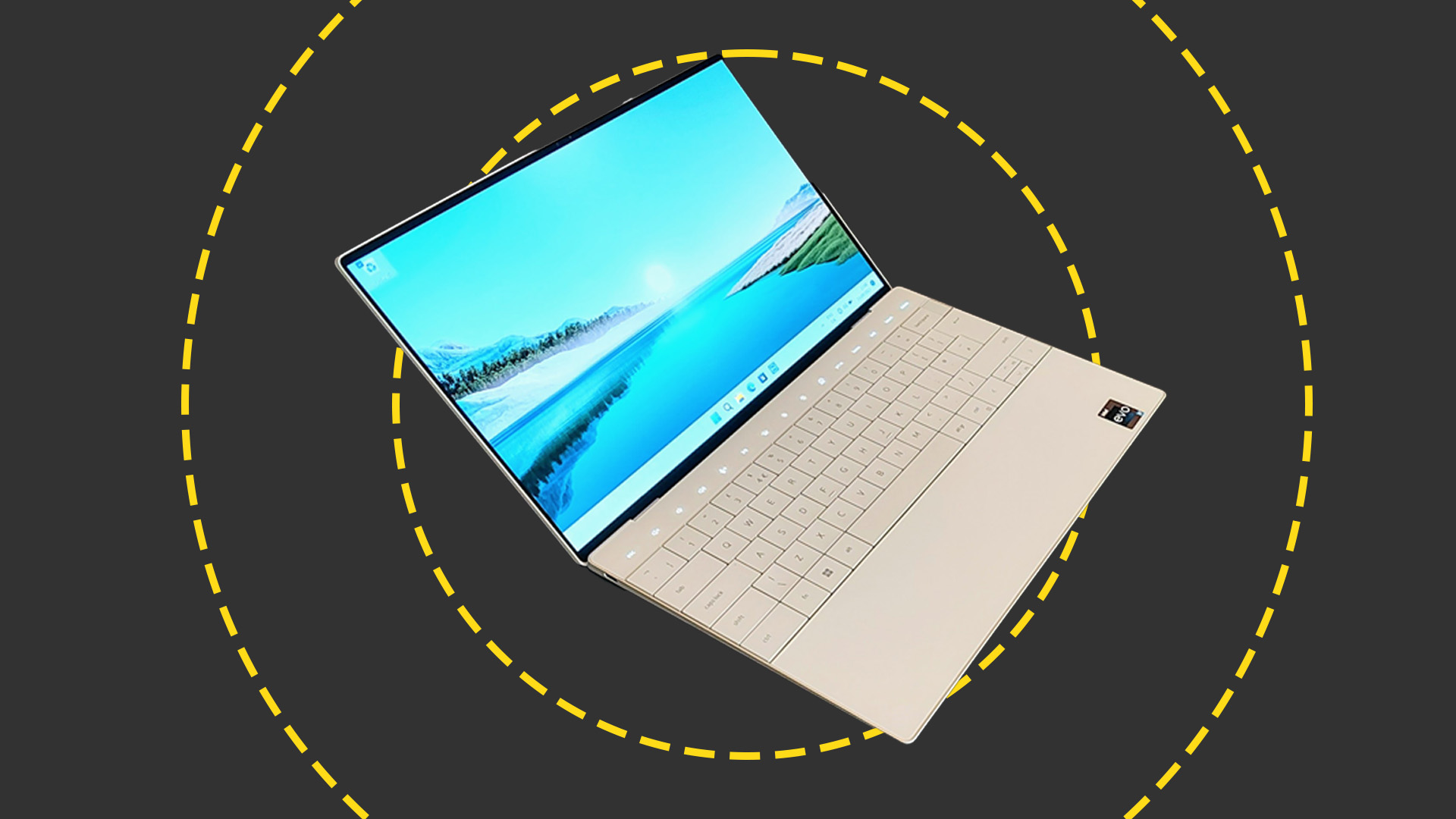 Dell XPS 13 Plus (2023) review: A design classic
Dell XPS 13 Plus (2023) review: A design classicReviews Dell's latest premium compact combines an outstanding OLED display with a unique keyboard design
By Alun Taylor